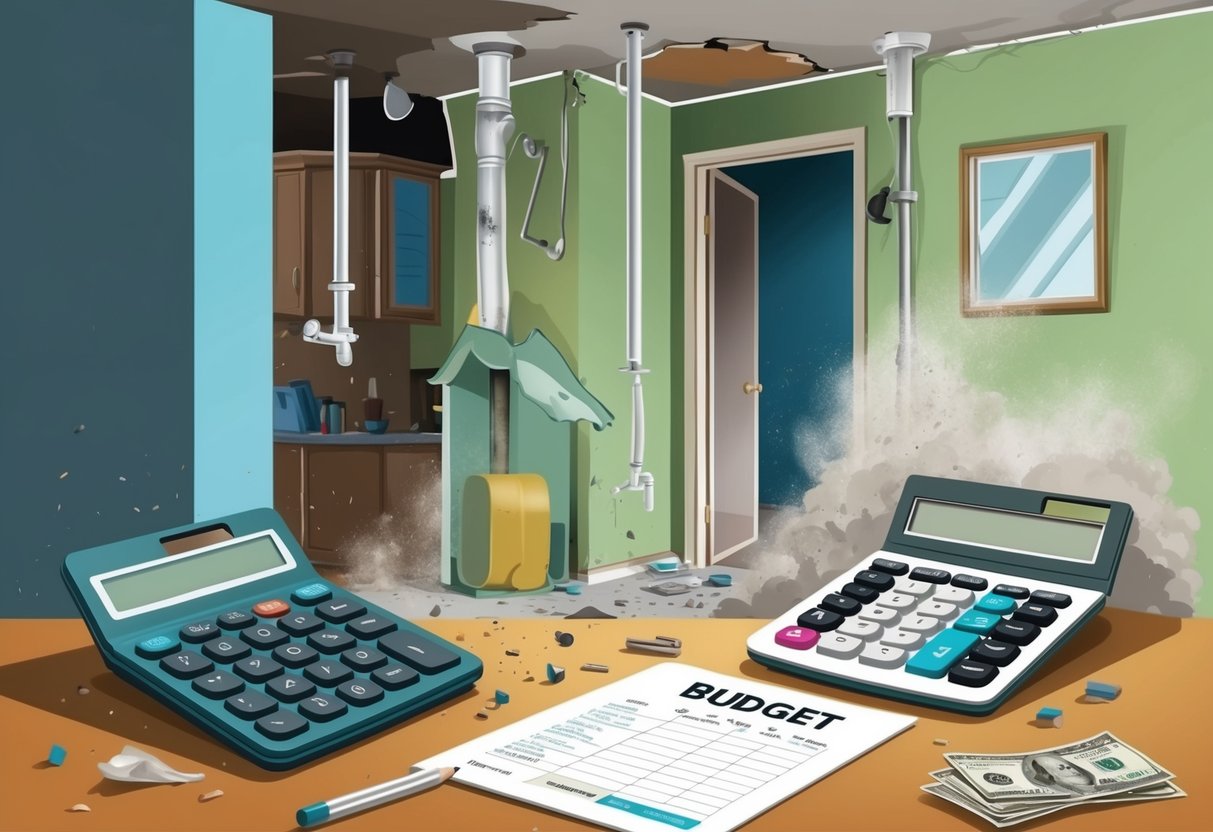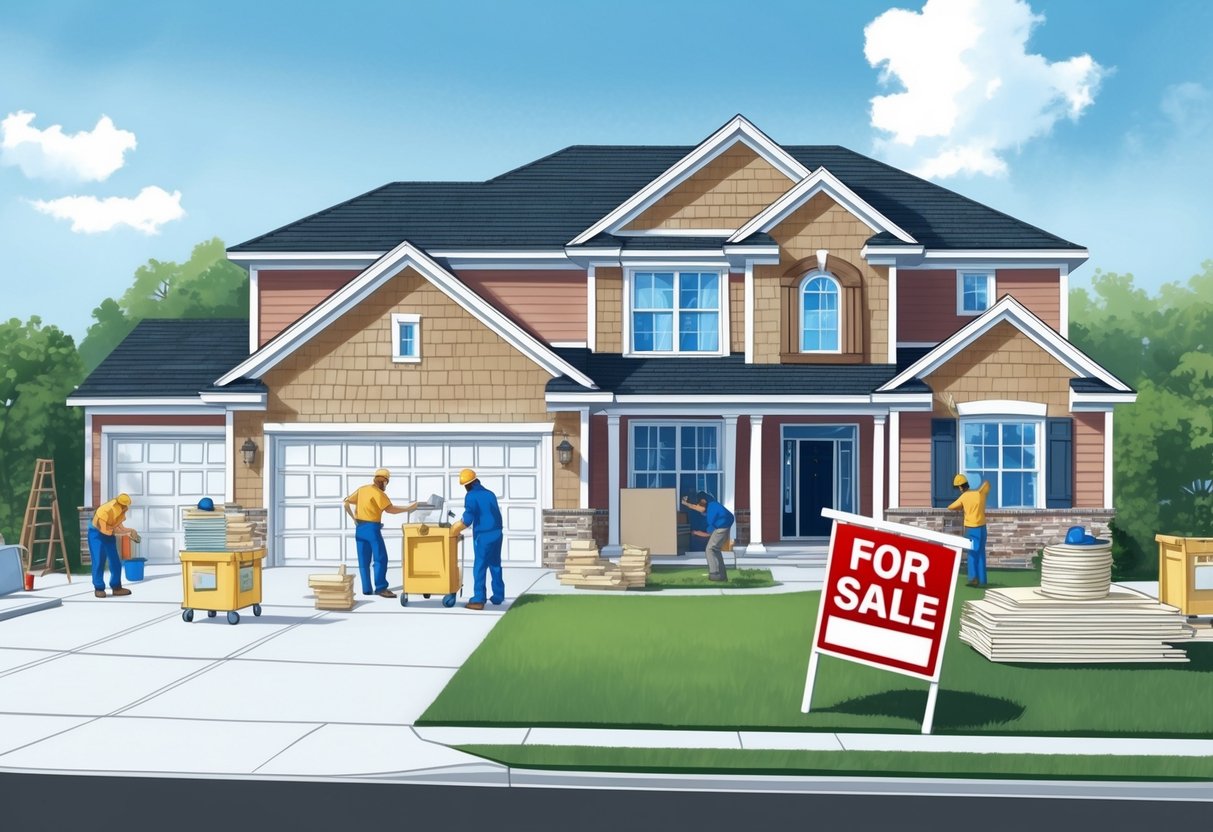
DIY Home Renovation Pitfalls
Attempting a DIY home renovation can appear cost-effective, but there are significant risks that can drive up expenses and cause unforeseen delays. Homeowners often underestimate the complexity of home improvement projects, which can lead to expensive errors or the need for professional intervention later.
Unexpected Complications with DIY Projects
DIY home improvement projects frequently uncover hidden issues like electrical wiring that is not up to code, plumbing leaks, or structural deficiencies behind walls or under floors. These surprises result in added expenses for both materials and additional labor time.
A recent survey found that over half of homeowners go over budget on DIY projects due to these unexpected problems, causing costs to spiral beyond initial expectations. Below is a list of common complications that may arise:
- Discovery of mold or pest damage
- Need for costly permits and inspections
- Incorrect installation of fixtures or finishes
- Remediation of unsafe or out-of-date systems
Many of these issues require specialized skills or tools that most homeowners do not possess. More details can be found about the typical overages in DIY home improvement at The Hidden Cost of DIY.
When to Call a Professional
Certain renovation tasks—like electrical rewiring, structural work, or HVAC installation—should always be left to licensed professionals due to strict local building codes and safety risks. Attempting these projects without expertise can result in code violations or damage that must be redone, often requiring homeowners to pay for costly repairs on top of their initial investment.
It is crucial to know the limits of DIY skills. Projects that involve critical systems or require permits, such as moving load-bearing walls or reconfiguring plumbing, commonly trigger unexpected costs when handled without expert help.
Hiring a professional not only helps avoid code violations but also ensures the work is done safely and efficiently. For specific scenarios when calling a pro is the best choice, visit 10 Hidden Costs of Remodeling Your Home.
Impact on Home Value and Equity

Remodeling projects can significantly change a home’s market value and affect the owner’s financial position. Understanding how upgrades influence both property appraisal and accumulated home equity can help homeowners plan more effectively.
Renovations That Add Value
Not all remodels contribute equally to home value. Kitchens and bathrooms often provide the best return on investment, with updated fixtures, modern appliances, and quality materials attracting buyers and appraisers.
Adding finished basements, new flooring, or energy-efficient windows can further enhance a home’s appeal and its overall resale price. However, some projects, such as luxury features, high-end landscaping, or swimming pools, typically do not recoup their full cost in increased property value.
Local market trends also influence returns, as buyer preferences may differ by region—what raises value in one area might be less desirable elsewhere. Before investing, it is helpful to review recent comparable sales and consult real estate professionals for advice.
Homeowners should be aware that unexpected costs—like permits, utility upgrades, or remediation of hidden damage—can eat into potential gains. Even small projects can uncover issues hidden behind walls or under floors.
Planning for these contingencies will help prevent budget overruns and disappointment.
Understanding Home Equity
Home equity is the difference between the market value of the home and the outstanding mortgage balance. Renovations that increase the appraised value generally lift home equity, allowing owners to build wealth or qualify for better loan terms.
Taking on debt to finance a remodel can temporarily reduce equity, but the added value from successful improvements can offset this. Homeowners using home equity loans or lines of credit should factor in interest costs and repayment schedules, as these can impact long-term financial health.
Regular appraisals and tracking local real estate trends can help owners estimate how much equity they’ve gained from remodeling. Be mindful that appreciation is never guaranteed, and market downturns can offset any equity gains achieved through renovations.
For those looking to increase equity efficiently, focusing on proven, high-return improvements is often the safest route—find more guidance on renovation costs and budgeting strategies.